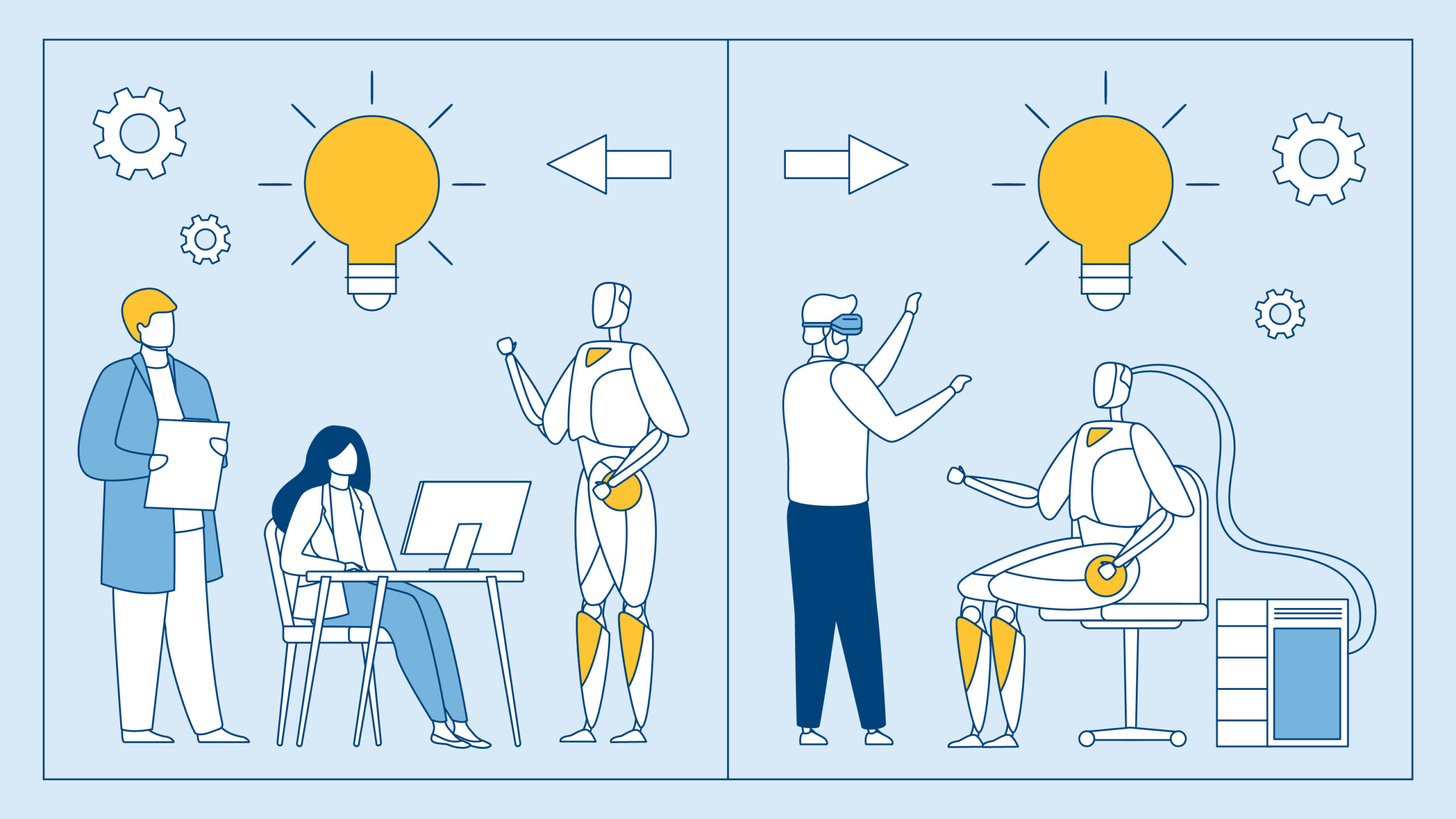Every entrepreneur feels that spark – the burning idea, the irresistible itch to build something from the ground up. For many, the instinct is to go it alone, fueled by the romantic notion of the garage startup that became an empire.
But for today’s aspiring innovators, there’s a more strategic launchpad available. One that doesn’t just offer inspiration, but actively cultivates success through mentorship, structure, unparalleled resources, and real-world experience. This powerful ecosystem is called an incubator. And at Drexel’s Charles D. Close School of Entrepreneurship, students don’t just learn about them – they live inside one.
Let’s unpack the crucial difference between flying solo and harnessing the collective power of an incubator – and why the Close School might just be the ultimate place to build your future.
What’s an Incubator, Really? Your Startup Greenhouse
Think of an incubator as a dynamic greenhouse for your ideas. It’s a support system specifically designed to help early-stage entrepreneurs test, build, and grow their ventures faster, smarter, and with significantly fewer risks. Incubators provide:
- Expert Mentorship: Guidance from seasoned entrepreneurs who’ve navigated the startup landscape.
- Skill-Building Workshops: Focused sessions on vital topics like pitching, achieving product-market fit, and effective fundraising.
- Access to Capital: Opportunities for funding, grants, and competitive showcases.
- Dedicated Workspace: A collaborative environment to work, innovate, and connect.
- A Robust Network: Direct access to a community of peers, expert advisors, and potential partners.
Crucially, incubators provide structure. Starting something from scratch is inherently overwhelming. Incubators help break down that daunting journey into manageable, guided steps. While some solo founders do achieve incredible success, data consistently shows that entrepreneurs with access to networks, funding, and crucial feedback early on are far more likely to succeed, pivot wisely, and scale sustainably.
The Solo Venture: High Risk, Slower Rewards
Embarking on a venture entirely on your own sounds incredibly bold – and it is. But this path often comes with inherent challenges that can slow progress and amplify stress:
- Limited Access to Mentorship: You simply don’t know what you don’t know. Without experienced guidance, crucial lessons are learned the hard way.
- No Built-in Feedback Loop: Ideas developed in a vacuum are tough to validate. Without diverse perspectives, it’s challenging to refine your concept to meet market needs.
- Slower Trajectory: Without external funding, a dedicated team, or a supportive community, gaining significant traction can take years longer.
- Isolation & Burnout: The entrepreneurial journey is taxing. Building without a community to lean on can lead to loneliness and a higher risk of burnout.
Solo founders often find themselves learning through avoidable mistakes, spending more time and money than necessary trying to figure things out. This is precisely where an incubator can make the difference between struggling in silence and growing with powerful momentum.
The Close School Difference: Incubation Built In From Day One
At Drexel’s Charles D. Close School of Entrepreneurship, incubation isn’t an optional add-on you apply for after your venture is already off the ground – it’s baked into the entire student experience. The Close School truly functions as an incubator for every student. Here’s how:
- Real Entrepreneurs as Professors: Your faculty aren’t just academics; they are active builders, founders, and investors. Many run their own companies, leverage extensive investor connections, and provide students direct access to real-time decision-making processes. It’s not abstract theory; it’s hands-on, applied entrepreneurship.
- Startup Studios in the Classroom: Courses at Close are designed more like dynamic incubator workshops than traditional lectures. You’ll actively pitch ideas, form collaborative teams, receive immediate feedback from industry professionals, and work toward launching something tangible. Our classes aren’t just about grades – they’re about measurable progress toward your entrepreneurial goals.
- Drexel’s Co-op, The Entrepreneur’s Way: While many Drexel students use the renowned co-op program to gain experience at established companies, Close School students have a unique option: dedicating their co-op terms to actively launching and growing their own startups. That’s up to 18 months of real-world venture building, fully backed by dedicated faculty support and university resources.
- Funding Without the Personal Pressure: Beyond classroom work and dedicated programs, all Close School students have access to the extensive resources of the Baiada Institute for Entrepreneurship. The Close School, often in conjunction with Baiada, offers pitch competitions, grants, and funding opportunities – no personal debt required. Students can test, iterate, and scale their ideas with critical financial support, mitigating the high financial risk often associated with early-stage entrepreneurship. While dedicated space within Baiada might require application or winning a competition, its wealth of resources is available to all Close School students.
Why This Matters Now More Than Ever
The world is changing at an unprecedented pace. Whether you’re aiming to build a groundbreaking company, lead innovation within a large organization, or simply understand how to turn ideas into impactful action, entrepreneurial thinking is no longer a niche skill – it’s the indispensable skill of the future.
At the Close School, you’ll learn how to build – not “someday,” but now. Surrounded by a vibrant community of expert mentors, driven peers, and unparalleled opportunities, you’ll gain crucial momentum early and strategically avoid the common pitfalls of solo entrepreneurship.
You could build alone. Or, you can build with a head start, a robust network, and a proven support system.
Bring your vision. The Close School will help you build it.





